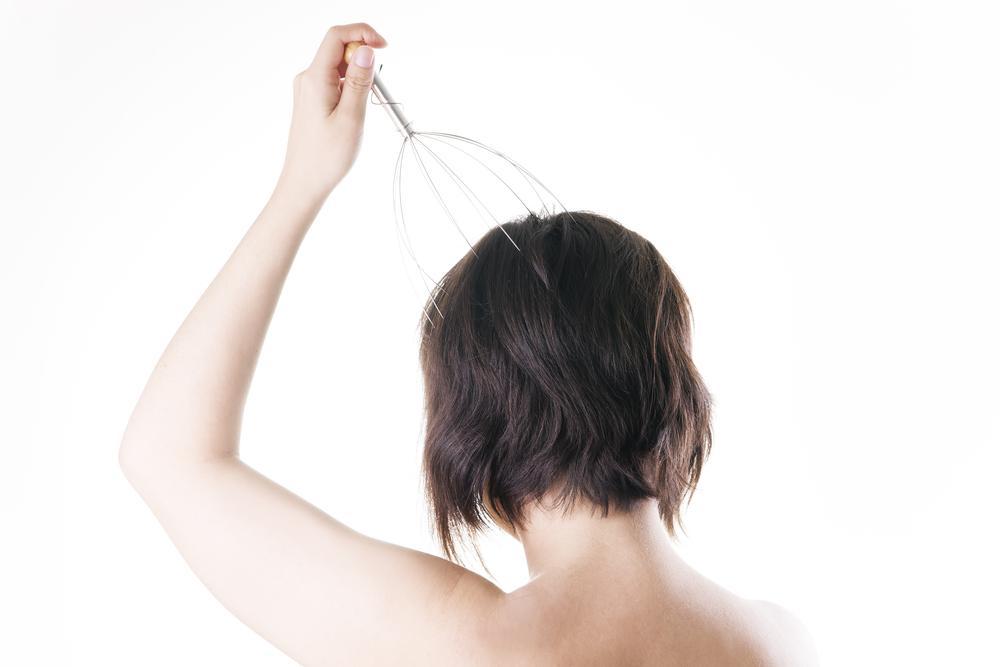Understanding Chronic Migraine: Symptoms and Management Strategies
Chronic migraine is a persistent and severe neurological condition impacting daily life. This article discusses symptoms, triggers, and effective management strategies, including lifestyle changes and medical treatments, to help sufferers reduce frequency and intensity of attacks. Understanding the role of diet, hydration, sleep, and stress management is key to controlling this debilitating condition. Always consult healthcare professionals for proper diagnosis and personalized treatment options to improve quality of life.

Understanding Chronic Migraine: Symptoms and Management Strategies
Chronic migraine is a severe neurological condition characterized by recurring intense headaches. Unlike episodic migraines, which occur occasionally, chronic migraines involve headaches that last for extended periods and happen frequently—at least 15 days each month. Affected individuals often experience throbbing pain along with symptoms such as nausea, dizziness, visual disturbances called auras, and tingling sensations in their extremities. These debilitating episodes significantly impact daily life and require proper diagnosis and treatment.
Research indicates that about 1.3% of women and 0.5% of men suffer from chronic migraine. Besides medication, lifestyle modifications play a crucial role in managing symptoms. Recognizing triggers like stress, irregular sleep, and caffeine intake can help reduce attacks. Genetics and brain chemical imbalances also contribute. Women often experience hormonal fluctuations during menstruation, pregnancy, and menopause, increasing their susceptibility to chronic migraines. Birth control methods might also influence their occurrence.
Effective management of chronic migraine includes lifestyle changes such as adopting a balanced diet rich in fruits, vegetables, and omega-3 fatty acids, while avoiding triggers like processed meats, artificial sweeteners, aged cheeses, and chocolates. Staying well-hydrated by drinking plenty of water is vital, as dehydration can worsen symptoms. Incorporating moderate caffeine intake may provide relief, but excessive consumption should be avoided. Regular, small meals help prevent attacks, as skipping meals can trigger migraines. Maintaining a healthy weight through routine exercise and ensuring consistent sleep patterns are essential strategies.
Consulting healthcare providers for appropriate medication is recommended for severe cases. Combining medical treatment with lifestyle adjustments can significantly improve quality of life for individuals dealing with chronic migraines. Always seek professional advice before starting any new treatment or making major lifestyle changes.










